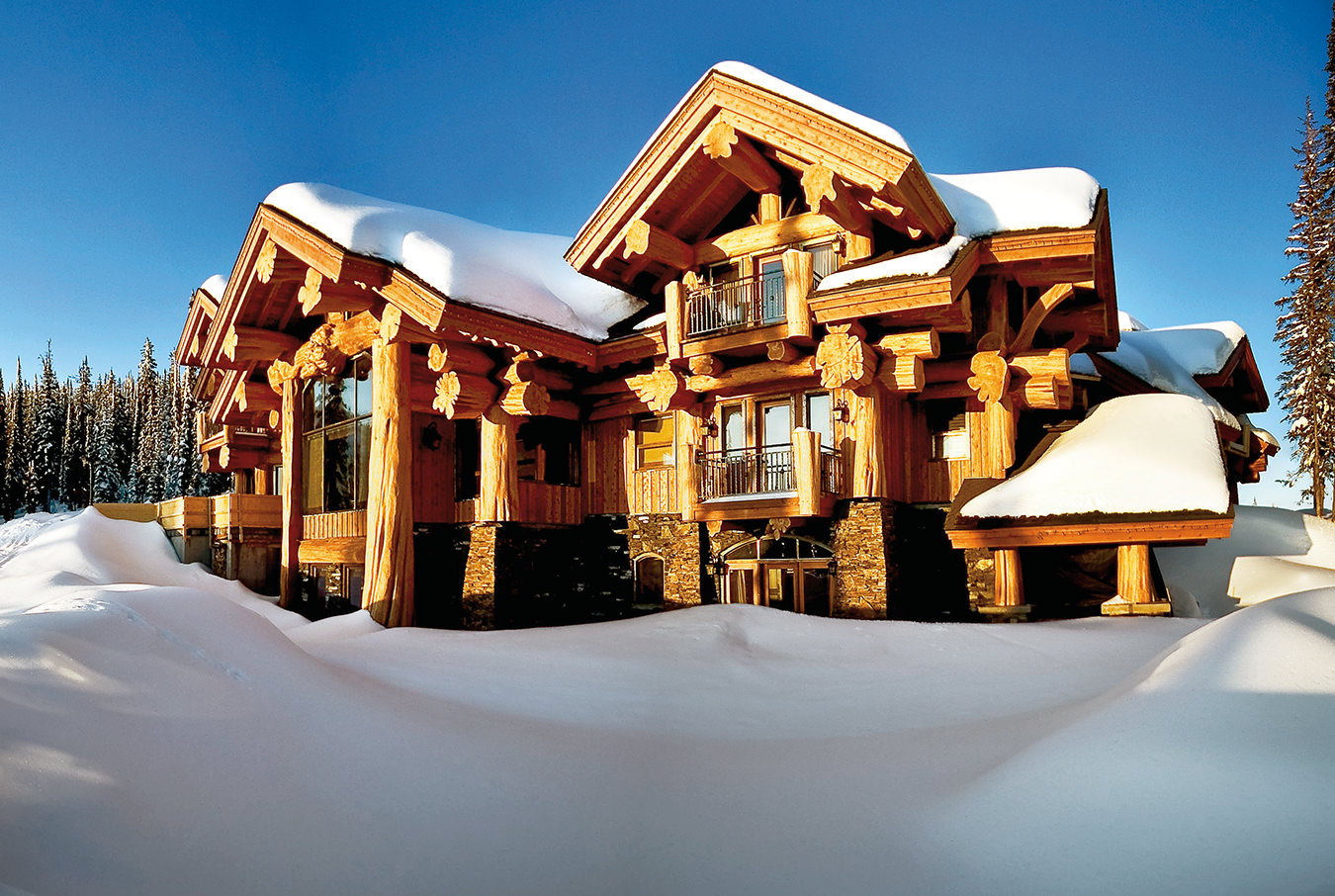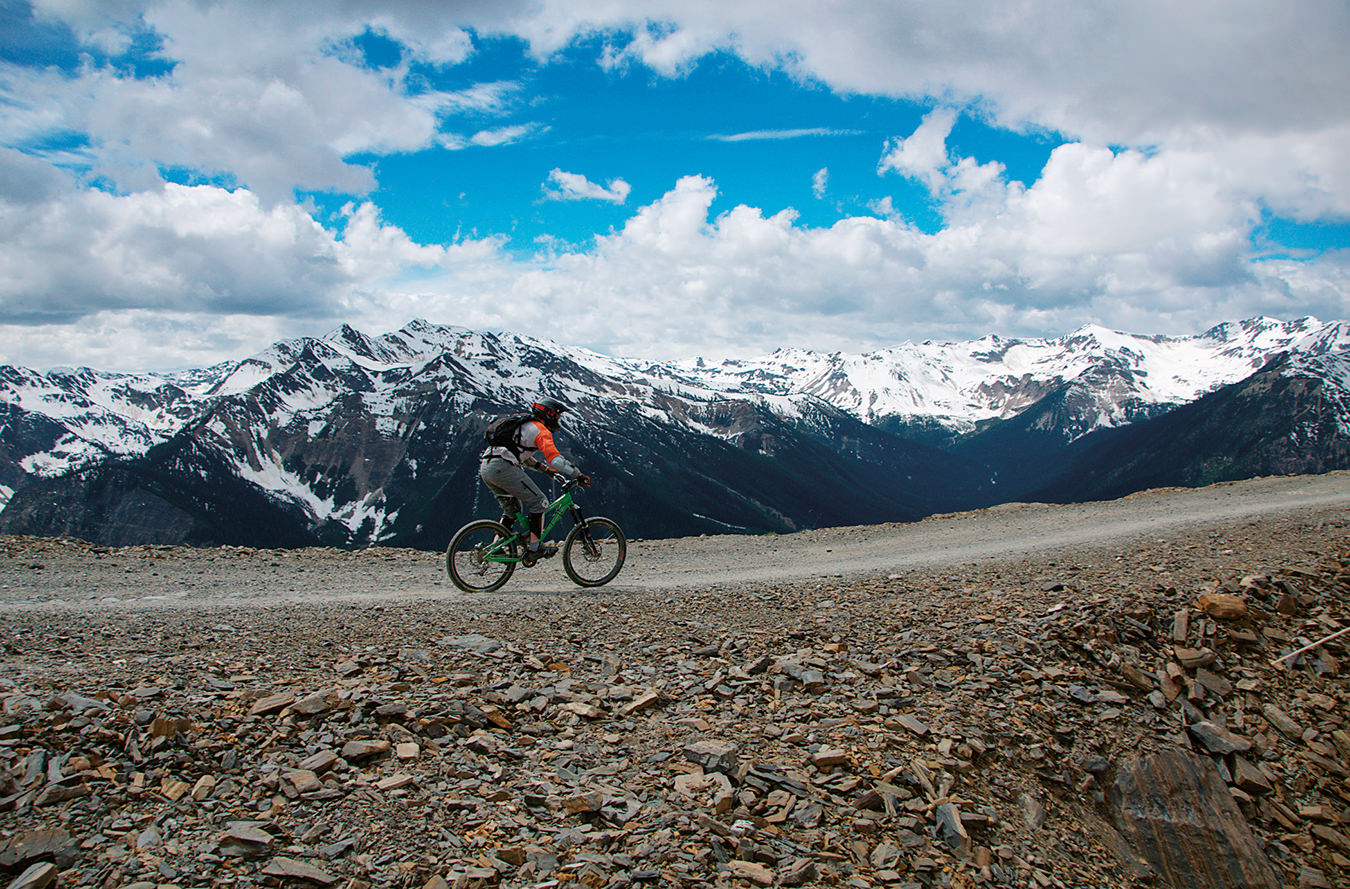A B.C. Boutique Expedition Company With Ecotourism at the Heart
Providing big adventures aboard small ships around the province and Alaska.
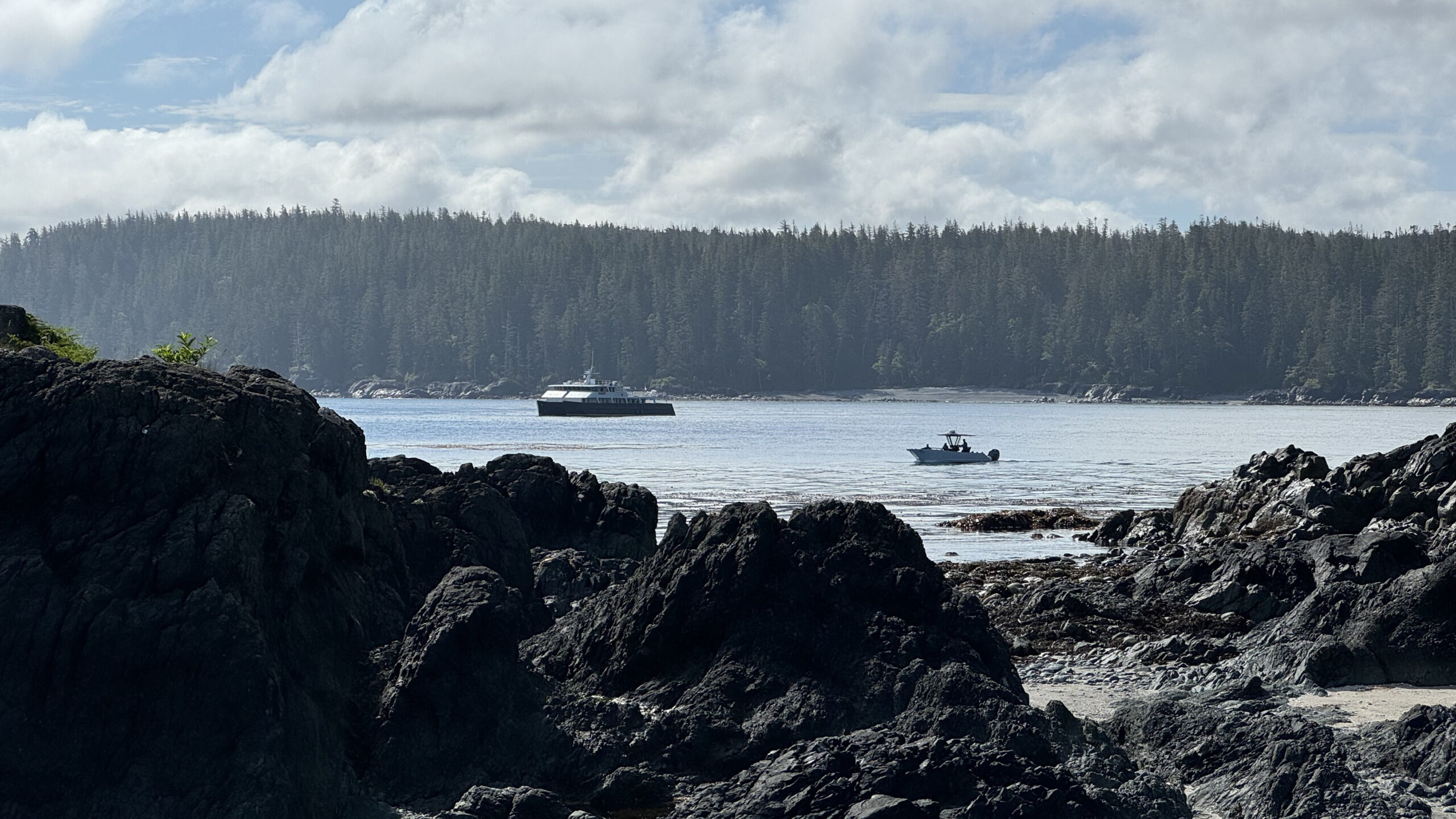
At the wheel of Auklet, a 10-person tender craft belonging to Cascadia, one of Maple Leaf Adventures‘ three marine tour vessels, it’s clear that Kevin Smith is in his element.
Sporting a blue cap on his red hair and sunglasses to deflect the bright sunshine bouncing off Pacific Ocean waves, Smith deftly manoeuvres the boat into position a safe distance from the raft of sea otters we’ve come to observe in Checleset Bay Ecological Reserve on the western side of Vancouver Island. A hundred metres away, two humpback whales make their presence known with glimpses of spray and dorsal fins.
This is Smith’s marine playground. And for decades, it’s been his mission to share its wild and awesome beauty with others. “I love wild places, gravitate towards them,” he says aboard the luxuriously appointed 24-guest catamaran.
Maple Leaf Adventures is a pioneer of regenerative travel on the west coast. Since 1986, the company has offered small ship expeditions to the Great Bear Rainforest, Haida Gwaii, Southeast Alaska, and northwest Vancouver Island, highlighting the coast’s impressive flora and fauna with trained naturalists and its ancient culture with Indigenous guides.
Smith has been the company’s president and CEO since 2001. But he’s been exploring the B.C. coast by boat since before he could ride a bike on the hilly roads of his childhood home on Salt Spring Island.
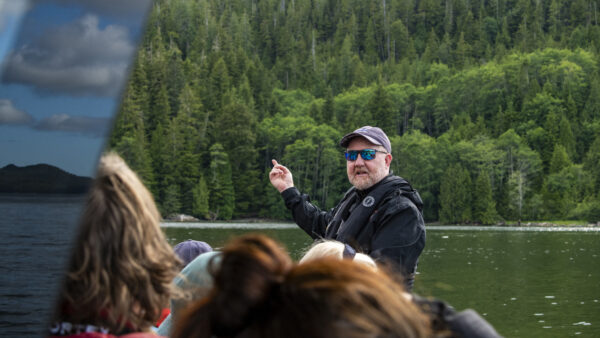
His passion for the incredible power and beauty of nature was stoked by years as a young backcountry and marine park ranger stationed in and off the rugged coast of Cape Scott on northern Vancouver Island, exploring countless coves and outlets alone on his patrol boat.
Those nine years of remote conservation and maintenance work, his education as a geographer, and his involvement in the province’s Central Coast Land & Resource Management Plan contributed to a moment of enlightenment for Smith at the start of the new millennium.
“I remember sitting on a boat having an epiphany,” he says. He could combine his passion for the coast and his self-admitted explorer-adventurer gene to show people, through education and marine tourism, that there is a “higher and better use for this coast than just the continuation of resource extraction.”
His efforts to grow Maple Leaf Adventures into a flourishing marine tourism company focused on offering sustainable, higher-end adventures on its flagship vessel, the 92-foot schooner Maple Leaf, met with success. “We were rewarded with full bookings and support for our [sustainable] way of doing things,” Smith says.
To meet growing demand, the company acquired and refurbished Swell, a historic 1912 tugboat, in 2015. In 2019, the Cascadia catamaran arrived in Victoria harbour after a 45-day ocean crossing from New Zealand.
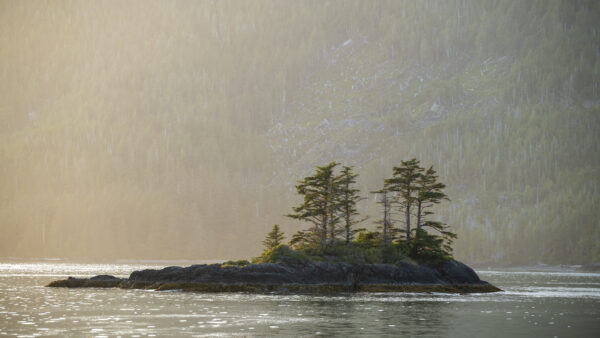
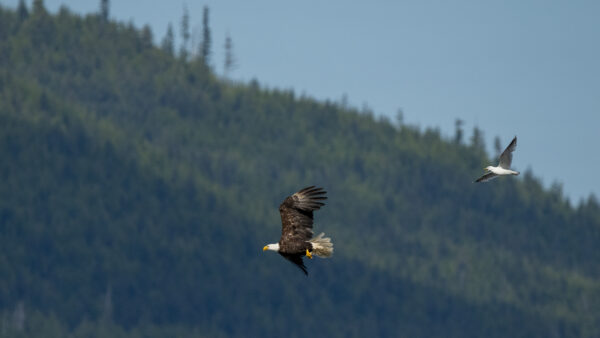
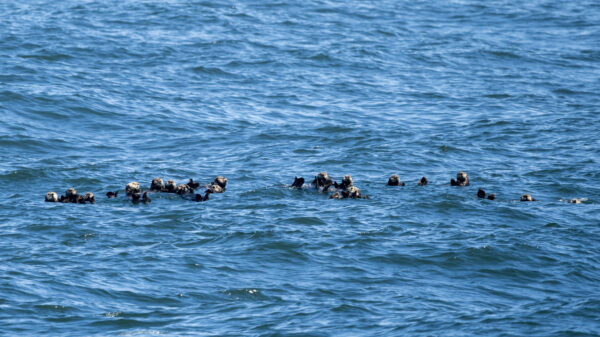
It appeared to be smooth sailing and blue skies ahead until the pandemic hit. As devastating as the complete travel and tourism shutdown was for industry operators, it was particularly fraught for small ship tour companies with staff and guests in constant close quarters. “We were all in grave danger of failing,” he recalls.
Motivated by economic desperation and emotional Zoom meetings with fellow members of the Small Ship Tour Operators Association, Smith dove deep into his boundless passion for the coast and surfaced inspired by the bright light of initiative: to work with his colleagues to conceive, pitch, fund, plan, manage, carry out, and assess the biggest marine debris cleanup in B.C.’s history, and one of the biggest in the world.
Smith had seen the problem of marine and plastic debris on the coast up close years ago in the Great Bear Rainforest. “I was personally devastated to show guests what should have been a pristine wilderness area, yet we were landing knee deep in plastic garbage.”
In partnership with his association colleagues, Smith crafted the Marine Debris Removal Initiative proposal, involving a complex, remote, and often dangerous planned removal of plastic and other debris from hundreds of kilometres of open, exposed coastline in British Columbia.
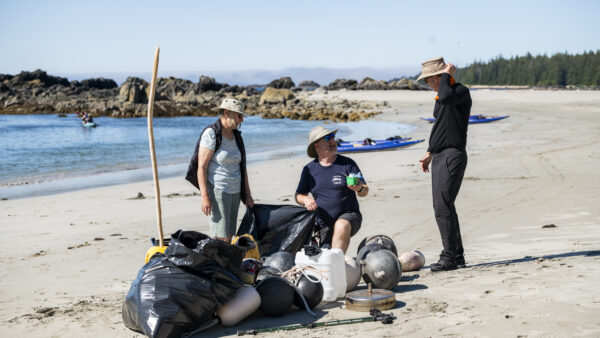
The proposal received the permission, support, and blessing of Coastal First Nations and was approved in 2020 by the B.C. government through the creation of the Clean Coast Clean Waters Initiative, which provided $3.5 million in funding for the project. The funds supported two years’ worth of marine debris removal expeditions by five participating small ship companies. The 110 crew members living and working on nine ships collected and sorted over 327,041 kilograms of marine debris from the B.C. coast, 65 per cent of which was recycled.
“The enormity of the problem fed an anger but also a passion to grab more and more garbage,” Smith says. The community effort felt like a triumph of the human spirit during dark pandemic times. Staff would “exhaust themselves picking up everything they could from the ‘bumper crop of plastics’” from 60 years’ worth of international fishing fleet debris and marine detritus from across the Pacific.
The lingering benefits of the coastal cleanup continue to influence Maple Leaf Adventures expeditions, which resumed in spring 2022. As guests sail along the B.C. coast and learn about the initiative from Smith and his crew, beach visits can become impromptu debris cleanups.
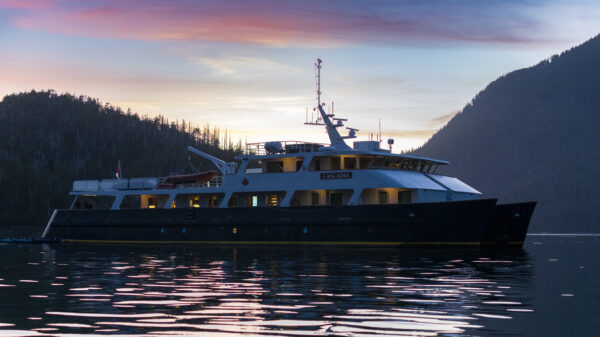
“People fall in love with the coast and are moved to protect it,” Smith says. The nonstop flow of plastics is “like a slow-speed oil spill,” but people have choices. “They can be depressed or choose to do the best they can and try to do better.”
Through his advocacy and passion for the protection of British Columbia’s coast, Smith embraces the fundamental spirit of Yvon Chouinard’s statement that “to do good, you have to do something.”
Photography by Jeff Reynolds.


